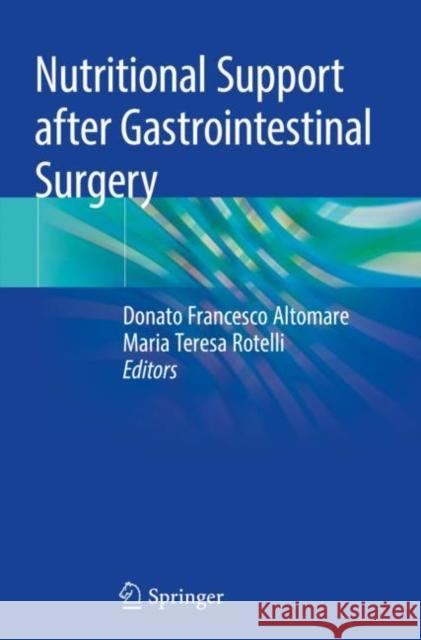Nutritional Support After Gastrointestinal Surgery » książka
topmenu
Nutritional Support After Gastrointestinal Surgery
ISBN-13: 9783030165567 / Angielski / Miękka / 2020 / 148 str.
Nutritional Support After Gastrointestinal Surgery
ISBN-13: 9783030165567 / Angielski / Miękka / 2020 / 148 str.
cena 201,24
(netto: 191,66 VAT: 5%)
Najniższa cena z 30 dni: 192,74
(netto: 191,66 VAT: 5%)
Najniższa cena z 30 dni: 192,74
Termin realizacji zamówienia:
ok. 16-18 dni roboczych.
ok. 16-18 dni roboczych.
Darmowa dostawa!
Kategorie BISAC:
Wydawca:
Springer
Język:
Angielski
ISBN-13:
9783030165567
Rok wydania:
2020
Wydanie:
2019
Ilość stron:
148
Oprawa:
Miękka
Wolumenów:
01











